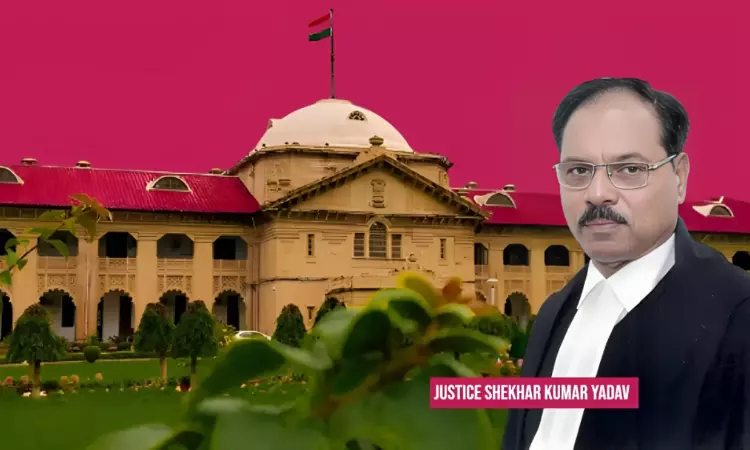In the evening today, 13 senior advocates of the Supreme Court have written to the Chief Justice of India Sanjiv Khanna against Justice Shekhar Kumar Yadav of the Allahabad High Court. It has been stated in the letter that the December 8, 2024 speech of Justice Yadav amounts to "hate speech" as per the jurisprudence laid down by the Supreme Court. Therefore, in light of the fact that a...

